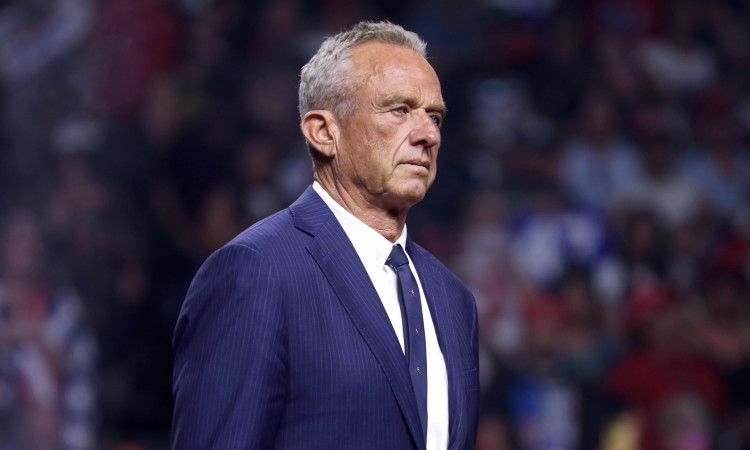Health and Human Services Secretary Robert F. Kennedy Jr. is facing mounting criticism after making inflammatory and scientifically disputed claims about autism during his first press conference since being appointed to the role by President Donald Trump. Kennedy described autism as a preventable condition caused by environmental toxins and dismissed well-established research attributing the rise in diagnoses to improved detection.
"These are kids who will never pay taxes. They'll never hold a job. They'll never play baseball. They'll never write a poem. They'll never go out on a date," Kennedy said at the April 15 press event. "Many of them will never use a toilet unassisted."
Kennedy's comments drew swift backlash from scientists, mental health professionals, and members of the autism community. "It's impossible to cure autism, and any resources that are thrown into this idea of curing autism are being thrown down the drain," said Zoe Gross, advocacy director at the Autistic Self Advocacy Network. "It's like saying, 'you're not good enough and we're going to change you for our own comfort.'"
Kennedy, long known for promoting debunked vaccine-autism theories, reiterated his stance that "genes do not cause epidemics," insisting that the rise in autism prevalence must be linked to environmental exposure. He dismissed decades of peer-reviewed research disproving a connection between vaccines and autism, including falsified claims popularized in the 1990s by former physician Andrew Wakefield.
The Centers for Disease Control and Prevention reported this week that 1 in 31 children aged 8 or younger in the U.S. are now diagnosed with autism. Researchers and clinicians say the increase reflects more comprehensive screening and earlier diagnosis. "Autism isn't a single thing; it is a word we use in an attempt to capture a spectrum of behavioral strengths, differences, and vulnerabilities in order to help optimally support children," said Dr. Zachary Warren, a pediatric psychiatrist at Vanderbilt University. "We may have hundreds, if not thousands, of different neurogenetic factors at play."
Despite the scientific consensus, Kennedy announced that HHS is launching new studies to "identify precisely what the environmental toxins are" behind the condition and appointed David Geier, a known vaccine skeptic who previously practiced medicine without a license, to lead the investigation.
Public figures including Rosie O'Donnell and Holly Robinson Peete also condemned Kennedy's remarks. "Robert Kennedy u should be ashamed of urself," O'Donnell wrote on Instagram alongside a photo of her autistic child. Peete, whose 27-year-old son RJ works for the Los Angeles Dodgers, responded, "My 27-year-old son with autism didn't 'destroy our family'-he gave us purpose and unity... oh, and he pays taxes."
Autism advocates have called Kennedy's approach regressive and damaging. "Rather than researching a cure, that time and money could provide people with autism services to live their lives more independently," Gross said. Experts argue that conceptualizing autism as a neurological difference rather than a disorder can lead to better inclusion and quality-of-life outcomes. "We must ensure that policies and budgets evolve to reflect this new reality," said Andy Shih, chief science officer at Autism Speaks.






